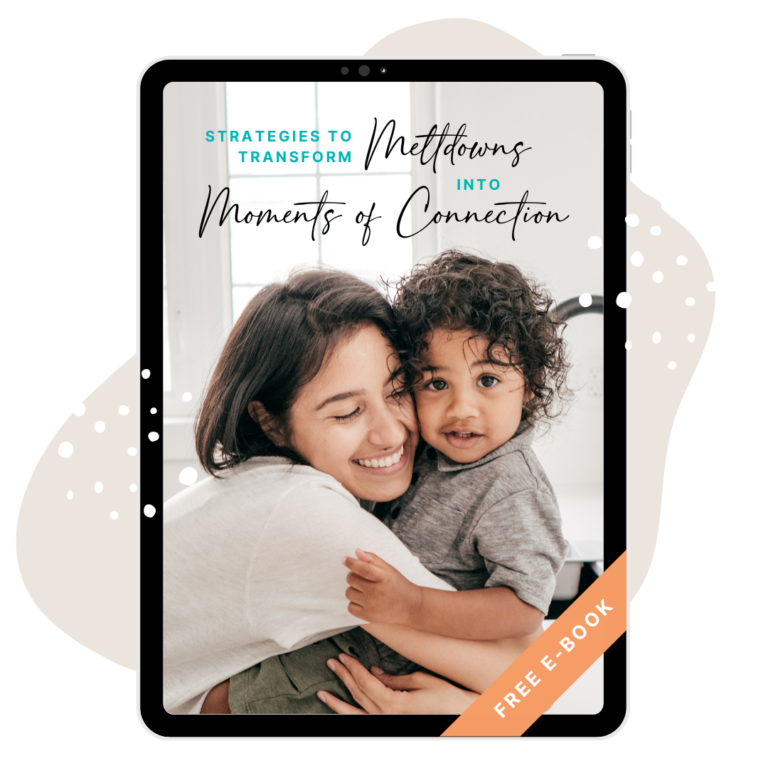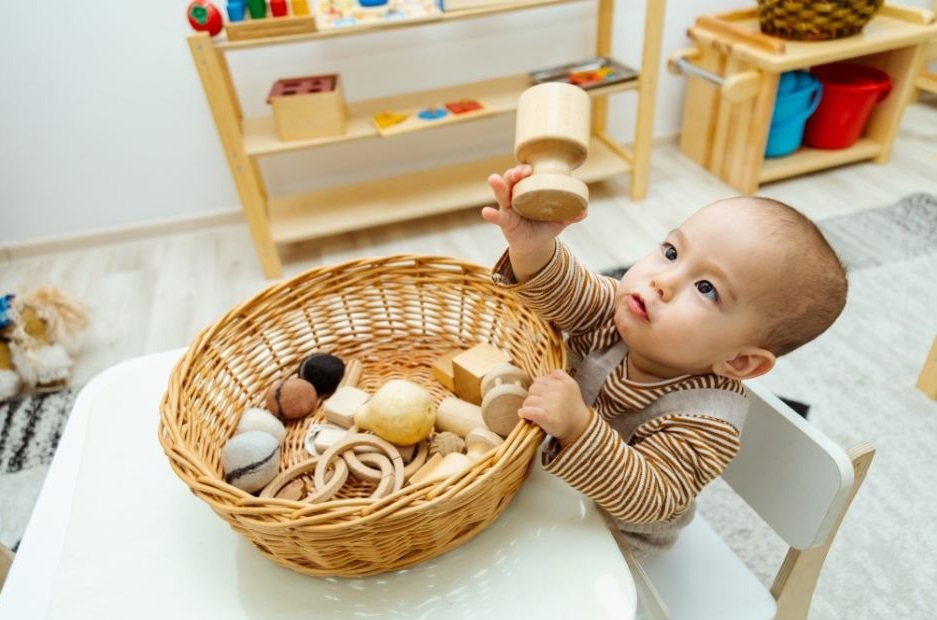Why saying ‘Good boy/girl’ & ‘Great Job!‘ is damaging your child’s self-esteem…Now, I know what everyone’s thinking the minute they read that…what do you mean???
We grew up hearing praise from our parents like that and nothing is wrong with us!
Well… I’m here to break some deep-seeded understandings which may uproot all you’ve ever known! I want to help you differentiate between building children’s intrinsic motivation rather than building self-esteem based on external acknowledgement.
Discover practical, easy-to-implement strategies to gently navigate your child’s emotional outbursts, while maintaining your own sense of calm.
Intrinsic motivation is essentially building a child’s inner voice. An inner voice that says – I’m confident, I have self-belief, I can do this, I feel good about myself, I am proud of myself. These are all the qualities that we look to build in them by encouraging them and using praise. However, using words such as good, great, wonderful, beautiful is actually doing the opposite of this.
These words are evaluative words – they essentially are setting a standard of what YOU think and feel is ‘Good’ and telling the child that when they hear these words from you, they should feel good about what they have done. This is external acknowledgement. You will see children look to the adult to hear affirmation and praise to see if they have done a ‘Good job’ rather than it coming from within them. This can then build insecurities. What if the child doesn’t hear you say it one time? They will think ‘hmm, was it not good enough? did I not do well?’. Also it becomes overused and unauthentic…
Good job, good boy, good walking, good sitting, good everything!Essentially, we are teaching children that their self-worth only comes from hearing acknowledgment from others. We already live in a society where people are building their identity, self-confidence and self-worth on the opinions of others, it’s time to change that.
So, what can we do instead of saying Good job/Good girl or boy/Wonderful?
Helpful Praise & Encouragement:
- You did it!
- Thank you for… (packing away, helping me etc).
- Describe what you see (You put your shoes on all by yourself!)
- Focus on the effort rather than the outcome – (It took you so long to do that! What a huge effort)
- Use tone to encourage
- You look so proud of yourself!
If you get stuck, it’s better to smile and stay silent than use the ‘G’ word! Using helpful praise and encouragement will build children’s inner confidence, self-belief, self-worth and ultimately build their intrinsic motivation.
When you start using this language with your child, you empower them to say “Look, I did it!” and “I’m so strong” rather than you telling them.
I know it’s habitual and inbuilt in all of us, but try to break the habit slowly. Simply start by being more conscious of the language you use overall. This itself can make all the difference to build your child’s intrinsic motivation.






